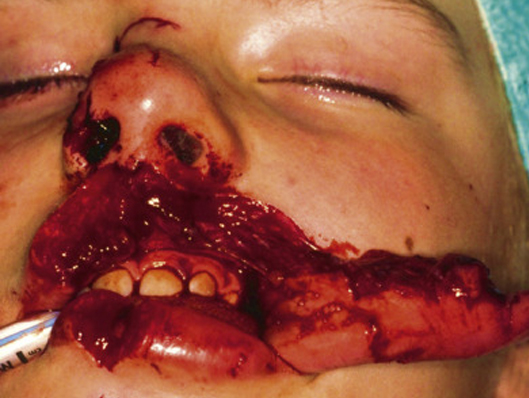A soft tissue injury in the context of plastic surgery refers to damage or trauma to the soft tissues of the body, excluding bones and internal organs. Soft tissues include the skin, muscles, tendons, ligaments, and other connective tissues. Plastic surgeons may encounter various types of soft tissue injuries, and their management can involve both surgical and non-surgical interventions.
Here are some common types of soft tissue injuries in plastic surgery:
Lacerations and Wounds:
- Description: Cuts, tears, or incisions in the skin or underlying soft tissues.
- Treatment: Plastic surgeons may perform wound repair, which can involve sutures, staples, or adhesive closures, to promote optimal healing and minimize scarring.
Contusions and Bruises:
- Description: Bruising of the skin and underlying tissues caused by blunt force trauma.
- Treatment: While bruises typically resolve on their own, some procedures, such as laser therapy or topical treatments, may help minimize discoloration.
Soft Tissue Hematomas:
- Description: Collections of blood outside blood vessels, often resulting from trauma.
- Treatment: Drainage may be necessary to remove excess blood, and in some cases, surgical intervention may be required to address hematomas.
Avulsions and Degloving Injuries:
- Description: Loss of skin and underlying tissues due to trauma, often resulting in significant damage.
- Treatment: Reconstruction may involve surgical procedures to repair or replace lost tissue, including techniques such as skin grafts or flaps.
Tendon and Ligament Injuries:
- Description: Injuries to the connective tissues that attach muscles to bones (tendons) or connect bones to each other (ligaments).
- Treatment: Surgical repair may be necessary for severe injuries, and rehabilitation is often crucial for restoring function.
Nerve Injuries:
- Description: Damage to nerves that can result in sensory or motor deficits.
- Treatment: Nerve repair or grafting may be considered in cases of severe nerve injury, and rehabilitation may help restore function.
Soft Tissue Infections:
- Description: Bacterial or other microbial infections affecting the skin and soft tissues.
- Treatment: Antibiotics and drainage procedures may be necessary to address infections, and surgical debridement may be performed if the infection is extensive.
Management of soft tissue injuries in plastic surgery involves a comprehensive approach that aims to optimize both functional and aesthetic outcomes. Plastic surgeons are trained to assess and treat a wide range of soft tissue injuries, using surgical and non-surgical techniques to achieve the best possible results. Early intervention and appropriate wound care are often crucial for successful outcomes in soft tissue injury management.
